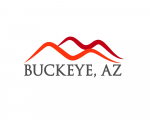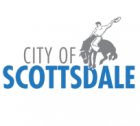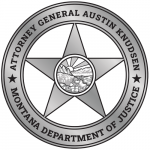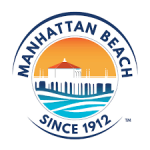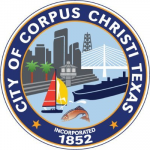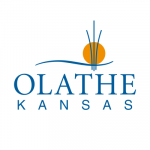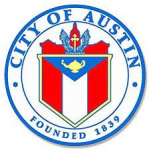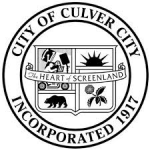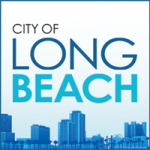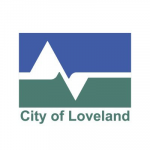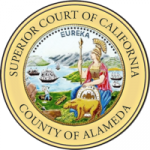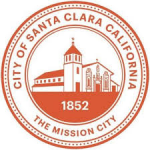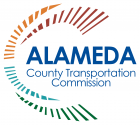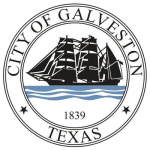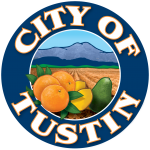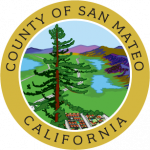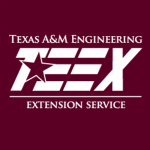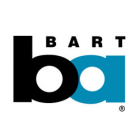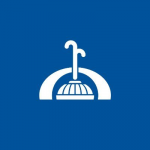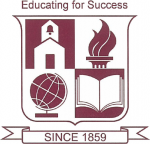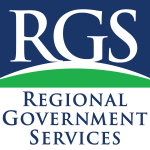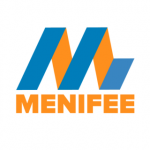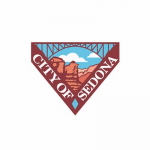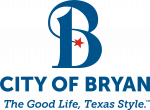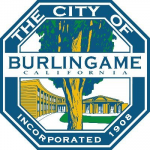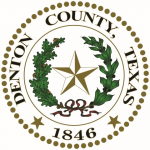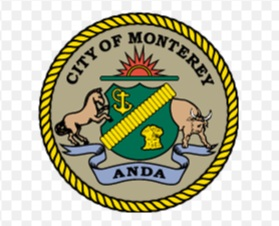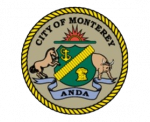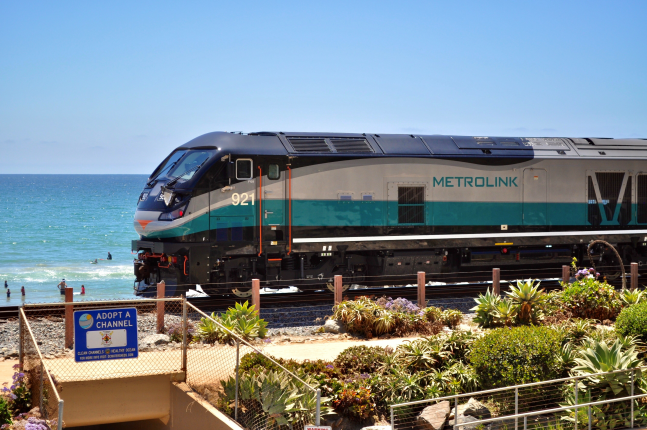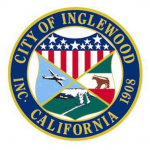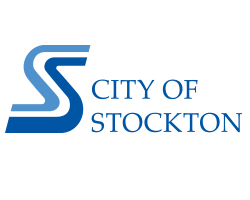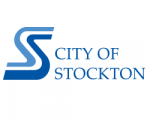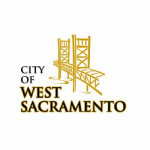Public Transportation Jobs: A Guide to Career Opportunities
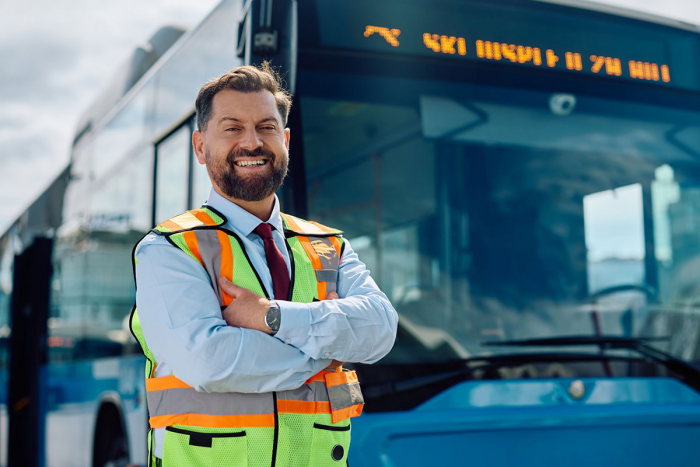
- ⇀ Introduction to Public Transportation Careers
- ⇀ Types of Public Transportation Jobs
- ⇀ Benefits and Perks of Working in Public Transportation
- ⇀ Career Development and Advancement
- ⇀ Job Search and Application Process
- ⇀ Working with Public Transportation Agencies
- ⇀ Specialized Roles and Career Paths
- ⇀ Conclusion
Introduction to Public Transportation Careers
Public transportation careers offer many opportunities for individuals interested in a dynamic and essential industry that impacts millions daily.
From frontline positions such as bus operators and drivers to behind-the-scenes roles in human resources and technology, the variety of careers within the public transportation sector caters to diverse skills and interests. Whether you’re passionate about serving the community or drawn to the technical challenges of maintaining complex transit systems, public transportation jobs provide fulfilling and meaningful work.
Public transportation is an essential service that continues to grow and innovate. With an increasing focus on sustainability, urbanization, and the need for efficient mobility, professionals in this sector are at the forefront of developing solutions that shape the future of cities and communities.
As part of a public transportation agency, you can be involved in making a difference while benefiting from stable employment, professional growth, and the opportunity to work alongside like-minded individuals.
Types of Public Transportation Jobs
Public transportation offers a wide variety of job roles across multiple departments. Below are some key positions that help public transportation systems run smoothly.
- Bus Operators and Drivers: These professionals are responsible for safely transporting passengers, adhering to schedules, and ensuring that vehicles are maintained in good condition. They play a vital role in the daily operations of the public transit system, often interacting with passengers and serving as the agency’s face.

- Maintenance and Repair Personnel: These technicians and engineers keep the buses, trains, and other vehicles in top condition. They ensure that mechanical, electrical, and safety systems work correctly and perform regular inspections, repairs, and preventive maintenance.
- Customer Service Representatives: Public transportation relies heavily on customer satisfaction. Representatives in this role provide essential information to passengers, assist with ticketing, and handle customer inquiries, making the travel experience as smooth as possible.
- Human Resources Professionals: HR teams manage employee relations, recruiting, benefits, and training. As public transportation agencies are often large employers, HR is critical in managing workforce needs, ensuring employees are supported, and facilitating career development programs.
- Administrative Staff: These employees handle the day-to-day administrative tasks of the transportation agency, including scheduling, operations management, and coordination between departments. Administrative roles are key in ensuring that the agency functions efficiently.
Benefits and Perks of Working in Public Transportation
Public transportation has various benefits designed to attract and retain skilled professionals. Beyond the competitive salaries, many employees receive comprehensive benefits packages, ensuring a balance between work and personal life.
- Medical, Dental, and Vision Insurance: Full-time employees typically receive comprehensive health coverage, including medical, dental, and vision insurance, to support their well-being.
- Paid Sick Leave, Paid Holidays, and Tuition Reimbursement: Public transportation agencies often provide paid time off through sick leave and holidays. Some agencies also offer tuition reimbursement programs for employees seeking to further their education.
- Retirement Plan Options: Many agencies offer retirement plans, such as 401(k) or pension plans, to help employees secure their financial futures. These options are attractive to those looking for long-term career stability.
- Paid Time Off and Flexible Scheduling: Employees can benefit from paid time off, including vacation days, personal days, and parental leave. Flexible work schedules are available in certain roles, improving work-life balance.
Career Development and Advancement
Public transportation agencies are committed to investing in their employees’ professional growth. There are numerous opportunities to advance within the organization, develop new skills, and take on leadership roles.
- Opportunities for Leadership: Individuals with experience and a demonstrated commitment to their roles often find opportunities to move into leadership positions, such as supervisors or managers, and oversee larger teams.
- Professional Development Programs: Many public transportation agencies offer professional development initiatives, including workshops, certification programs, and ongoing education. These programs help employees stay current with industry trends and acquire the skills necessary for career advancement.
- Mentorship and Coaching: Employees may have access to mentorship programs, where they can receive guidance from more experienced colleagues. Coaching opportunities are also available to help employees refine their skills and prepare for promotion.
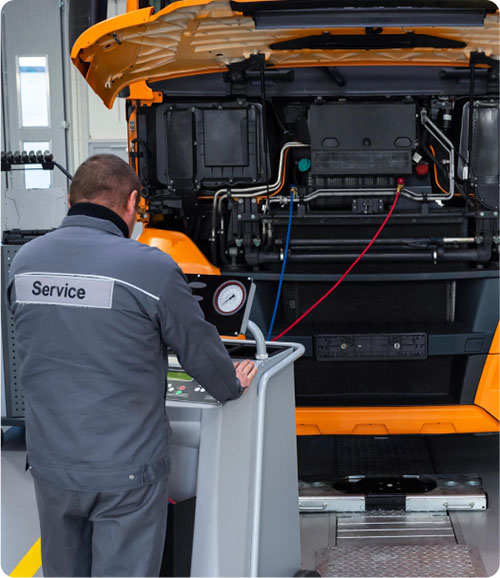
- Cross-Functional Training: Employees are encouraged to participate in cross-functional training programs to gain insights into the agency’s operations. This type of training is valuable for career progression, as it equips employees with a broader understanding of the industry.
Job Search and Application Process
For individuals interested in public transportation careers, understanding the job search and application process is critical to securing a position.
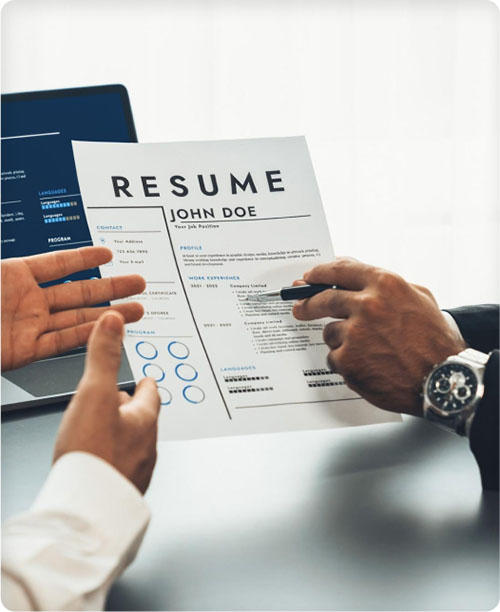
- Search for Job Openings: Most public transportation agencies post job openings online. Job boards like Indeed and government websites are valuable resources for finding positions. Agencies typically offer various roles, from entry-level to executive positions.
- Tailor Your Resume and Cover Letter: When applying for a public transportation job, it’s important to tailor your resume and cover letter to the specific position. Highlight your relevant skills and experiences that align with the job description. Be sure to emphasize any customer service, maintenance, or administrative experience, as these are highly valued in the industry.
- Interview Preparation: Research the agency and the role you are applying for. Understand the agency’s values, mission, and community impact. Practice common interview questions and be prepared to discuss your previous work experience and how it relates to your desired position.
- Follow Up: After submitting your application and completing the interview, follow up with a polite email to express your continued interest in the position and inquire about the next steps in the hiring process.
Working with Public Transportation Agencies
Building a successful career within public transportation involves more than just securing a job. Understanding the inner workings of the agency, its culture, and how to build relationships is essential for long-term success.
- Research the Agency: Before joining a public transportation agency, take the time to understand its mission, values, and long-term goals. Aligning with these principles will help you thrive in your role.
- Develop Relationships: Networking is critical in any industry, and public transportation is no different. Building strong relationships with colleagues, supervisors, and other stakeholders can provide you with valuable support and open doors for career advancement.
- Stay Informed on Industry Trends: The public transportation industry is continuously evolving. Stay up-to-date with the latest trends, such as the adoption of electric vehicles or advancements in transit technology, to position yourself as a knowledgeable and forward-thinking employee.
Specialized Roles and Career Paths
In addition to the more commonly known roles within public transportation, specialized positions offer unique career paths.
- Transportation Planners: These professionals develop transportation plans and policies that improve transit systems and meet the community’s needs.
- Engineers: Engineers in public transportation design and maintain infrastructure such as railways, bus stations, and transit lines. Their work ensures that transportation systems are safe, reliable, and efficient.
- IT Professionals: As public transportation increasingly relies on technology for scheduling, ticketing, and communication, IT professionals play a crucial role in managing data systems and ensuring smooth operations.
- Marketing and Communications: These professionals promote public transportation services, engage with the community, and increase ridership through marketing campaigns and public outreach.

- Safety and Security Professionals: Ensuring passengers’ and employees’ safety and security is paramount. Safety professionals monitor and manage risks, while security personnel are responsible for maintaining order and addressing threats.
Conclusion
Public transportation careers offer exciting opportunities for individuals looking to make a meaningful impact in their communities. With competitive salaries, comprehensive benefits, and numerous opportunities for career development, public transportation jobs provide both stability and growth potential. Whether you’re just starting your career or looking for a new challenge, public transportation can be a fulfilling and rewarding industry in which to work.

